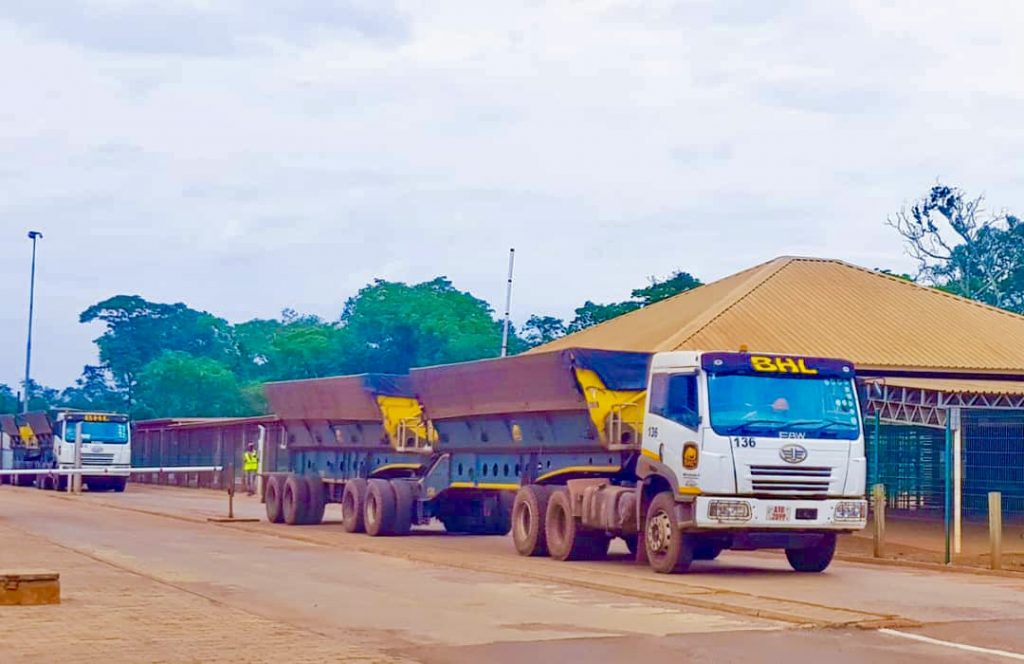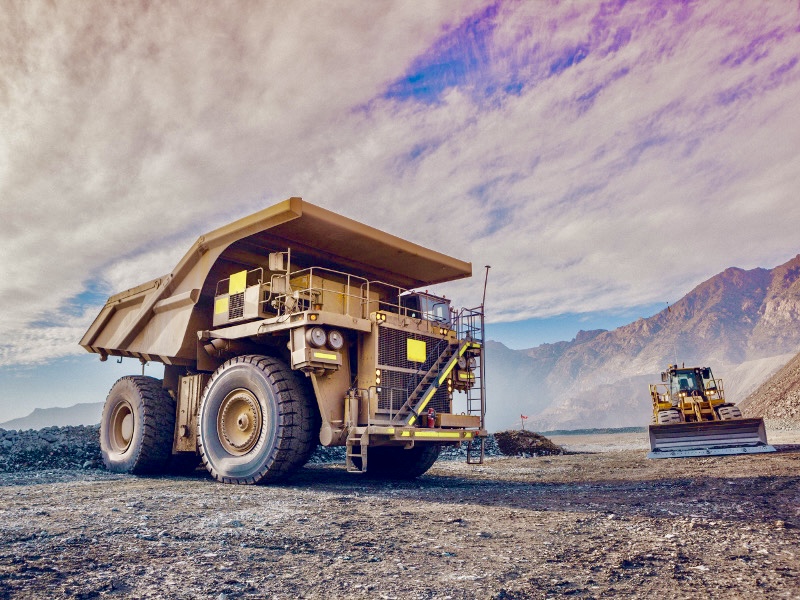As disease pandemic continues to adversely impact economies globally and regionally, jurisdictions continue to look to traditional sectors to aid growth in these difficult times. For Africa’s second largest copper producer Zambia, mining remains its mainstay with copper production outperforming the odds. First Quantum Mineral (FQM) shares a success story of its Sentinel (Kalumbila) mine situated in the new Copperbelt of Africa, on the North Western part of the Southern African nation. The mine in 2020 recorded a 14% growth in red metal production to 251,000 metric tons compared 31,000 metric tons which benefitted the local haulage business especially in the transportation of concentrates.
Efficient and cost-effective haulage is a key element in ensuring the mine remains profitable in the face of low-grade ore and associated thin margins. Kalumbila Minerals (KML), the First Quantum subsidiary that owns Sentinel Mine, last year re-tendered its haulage contract, once again empowering local companies to participate in this lucrative work, and which is one of the company’s largest procurement contracts.

“The tender process aims to promote competition within certain markets, obtain the best pricing available and to afford numerous entities an equal opportunity to supply certain goods or services to KML,” explained First Quantum’s Zambia Country Manager General Kingsley Chinkuli.
While the transporters are local companies – Zambian companies owned by Zambian citizens – they also exemplify the contributions brought to Zambia by naturalised settlers who have built sustainable businesses that create local employment, pay tax and boost the economy, he added.
The two locally-owned trucking companies re-contracted by the mine – Buks Haulage (BHL) of Solwezi and JC Bousfield (JCB) of Chingola – between them move 90,000tonnes of concentrate from the mine every month using a fleet of 135 trucks driven by local drivers.
BHL, which is 100% Zambian owned, and run by Zambian citizen Buks van Rensburg, operates a fleet of 300 of its own trucks with a further 300 sub-contracted from other Zambian companies. BHL employs 1,000 local people. JCB is owned by the second-generation Zambian Bousfield family of Chingola. All of its 500 employees are Zambian citizens.
A third major Zambian haulier successfully serving other parts of the Zambian mining sector is Mining Haulage Ltd (MHL) of Kitwe. MHL, which scoops up a great deal of sub-contracting work from the other Zambian hauliers, is owned by former Deputy Minister of Mines and Mineral Development, Deputy Minister of Science and Technology, and Deputy Minister of Sport, Youth and Child DevelopmentRichard Kazala-Laski, whose late father Walter Kazala-Laski started the company, having immigrated to Zambia from Poland.
“KML supports and promotes the participation of local businesses for all its tenders. The nationality of the bidders is not the only consideration when awarding contracts. The ability to deliver a quality service at a competitive price is critical, but KML is delighted that the 2020 concentrate haulage tender was awarded to two well-establishedZambian citizen-owned businesses in accordance with Zambia’s Citizens Economic Empowerment Act No. 9 of 2006,” said General Chinkuli.
“KML is totally committed to ensuring a level field in its tender process; bids are adjudicated objectively, freely and fairly,” he added.
The Kwacha Arbitrageur

